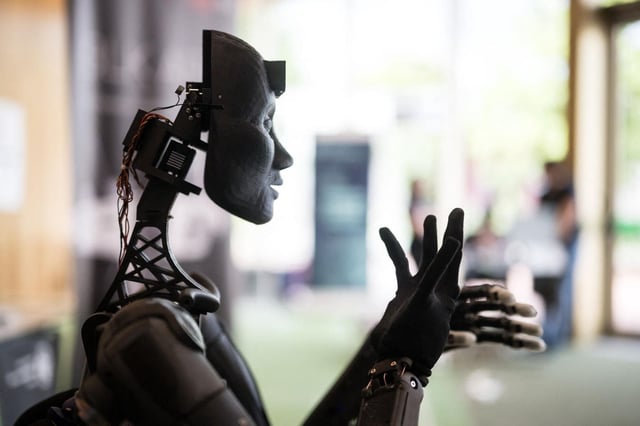Overview
- Longitudinal analysis of 28,698 engineers found that after one year only 41% used the AI coding assistant, with adoption at 43% among men and 31% among women.
- A pre-registered experiment showed that attributing code to AI lowered competence ratings by 0.62 points on average and imposed a penalty twice as large on female engineers compared to male engineers.
- A survey of 919 engineers revealed that those expecting a competence penalty were half as likely to adopt the AI tool, with 33% adoption among high-penalty anticipators versus 61% among low-penalty anticipators.
- Among engineers who used the assistant, women issued fewer prompts and copied fewer AI-generated lines of code than their male counterparts, indicating ongoing usage disparities.
- Authors warn that mandatory AI-disclosure rules and unchanged evaluation norms risk widening adoption gaps and recommend reframing AI as augmentation while shifting to output-based reviews.

